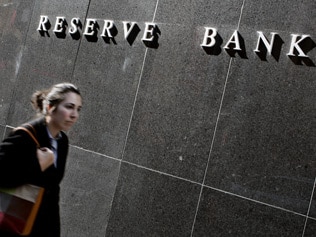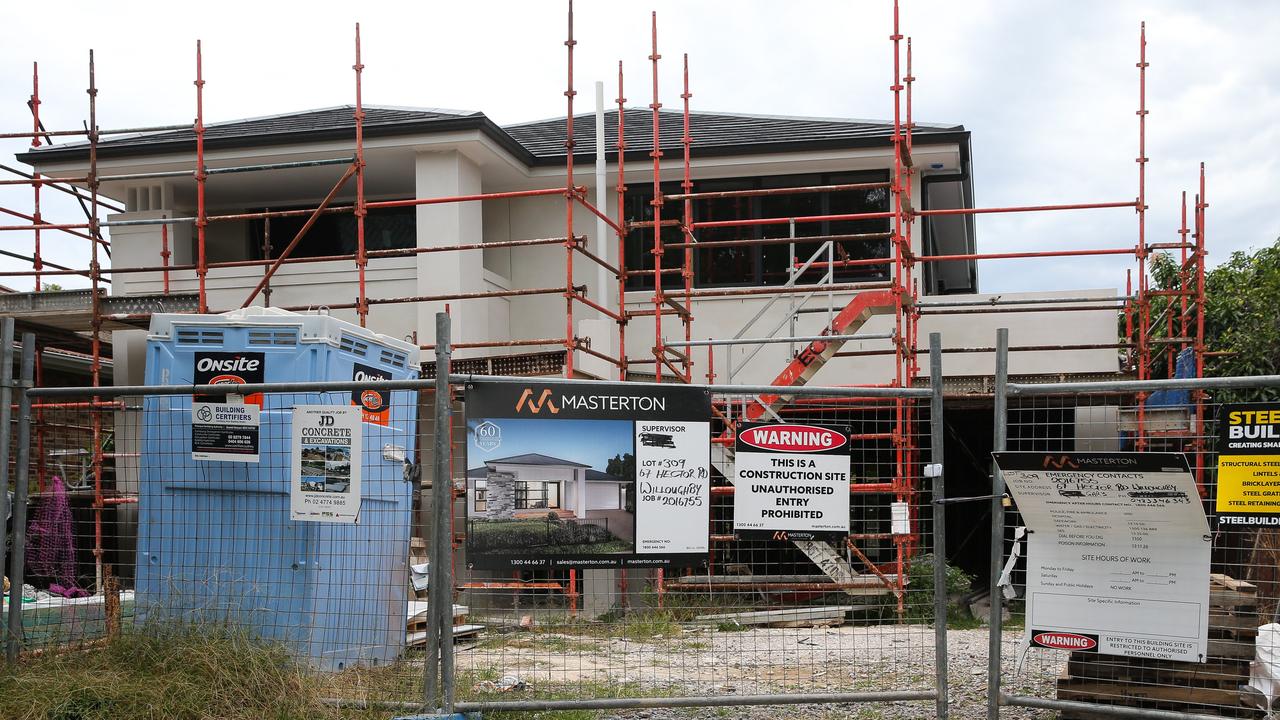Inflation data key to interest rates, says Reserve Bank
THE Reserve Bank is waiting for key inflation data before it decides what to do with rates next month.

THE Reserve Bank is waiting for key inflation data before it decides what to do with its benchmark interest rate next month, the minutes of its July board meeting show.
The central bank opted to leave the cash rate on hold at 4.5 per cent on July 6 because the global economy was growing at around trend pace, despite a notable slowing down of some economies and fears over the European financial crisis.
The bank said upcoming official inflation data, due on July 28, would determine how it makes its decision at its August 3 meeting.
"Headline inflation was expected to rise, owing to the effects of some tax increases, with the year end increase in the CPI (consumer price index) rising above three per cent," the minutes said.
"The important question for the board at the next meeting would be whether the new information materially changed the medium term outlook for inflation.
"Pending this information, the board judged it appropriate to hold the cash rate unchanged."
However, the bank expects inflation pressures to have eased slightly, with the underlying measure of inflation to be below three per cent for the first time in three years.
The central bank's stated mission is to keep inflation within a target band of two to three per cent over the medium term.
The Bank found, despite weak retail sales growth over the past nine months, retailers were slightly more positive about their sector's outlook despite having to significantly discount goods to attract buyers.
Counter to this was a strong couple of months for motor vehicle sales.
The RBA said the recent federal wage increase of 4.8 per cent, starting July 1, implied an average increase for all workers on awards of around 3.5 per cent and was not expected to have a large impact on overall wages growth.
The bank also said an easing of commodity prices in the month, in part because of China's slowing demand for iron ore and a general easing of coking coal prices, were not a major concern because the prices remained high from a "longer term" perspective.
They also noted prices were approaching the peak level seen in 2008.
The minutes also show the central bank's concern over the European debt crisis, noting that board members were waiting for the results of so-called European bank "stress-tests" due for release in early July.
"Members observed that, in order to settle markets, it was critical that the stress tests be regarded as credible and that plans in place to deal with any capital shortfall identified in the stress tests." But the Bank also saw positives in Europe, with the German labour market holding up "very well" while European gross domestic product (GDP) is expected to record a solid rise in the June quarter.
In contrast to much of the European Union, the central bank noted Asian economies remained robust, with signs the economies of some Asian countries were slowing to a "more sustainable pace".
The minutes said while Chinese retail sales, fixed asset investment, exports and credit had picked up sharply, while industrial production had moderated. "Members observed that the slowing in industrial production had been inevitable from the growth of over 20 per cent seen earlier this year," the minutes said.



